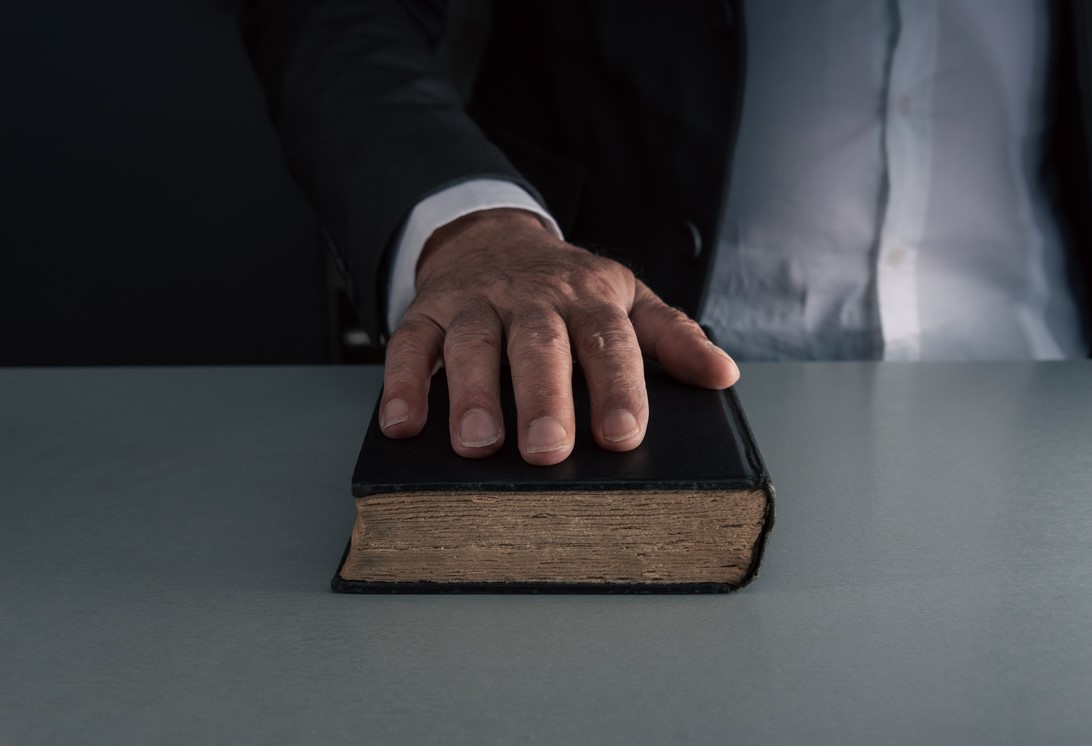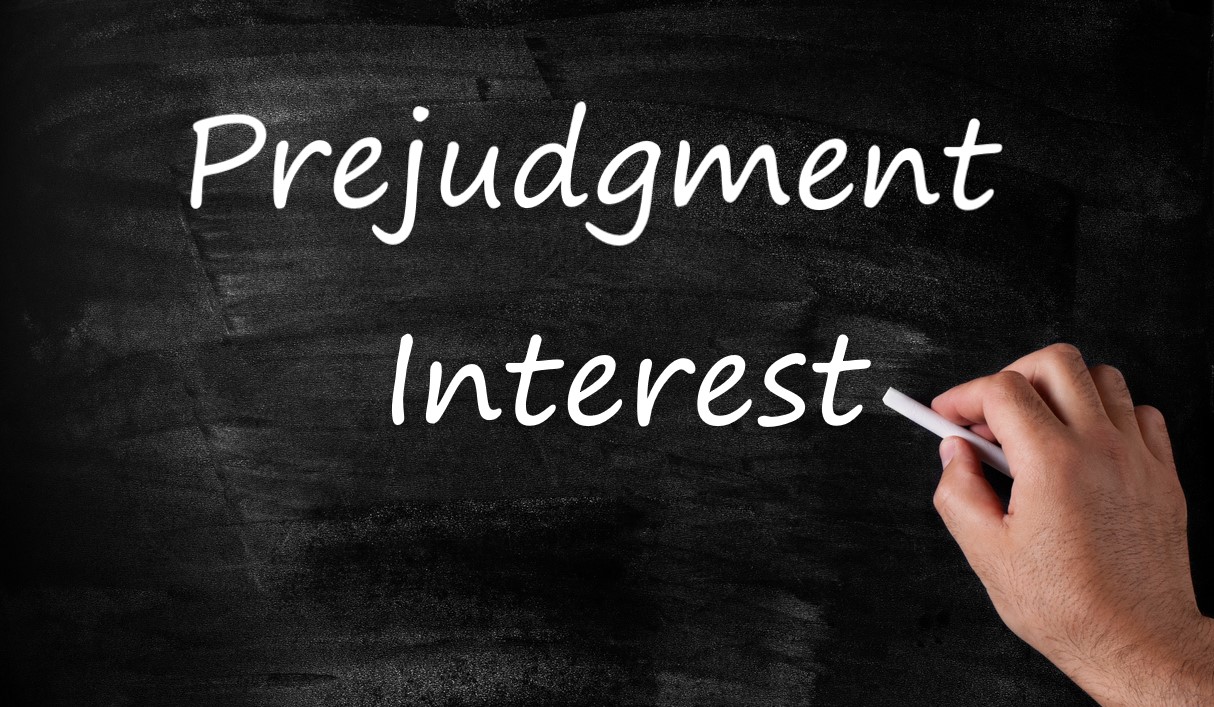The concept of an insurable interest in property insurance claims is a very important one. Without an insurable interest, you cannot recover damages in a claim. But the concept of the insurable interest does not always follow the legal concept of title. Having title, ownership, occupancy and responsibility for all expenses related to a property may often be the case with the typical residential claim scenario, and makes the insurable interest easy to find. But what about the person that has an ownership interest in a company and that company is the title owner of the property?
In a recent New York case,1 the court discussed this situation and the fact that "insurable interest" under Insurance Law § 3401, Insurance Law, means "any lawful and substantial economic interest in the safety or preservation of property from loss, destruction or pecuniary damage." In the case, the insurance carrier argued that the policyholder, Mr. Bardakjian, did not have an insurable interest in a property that was damaged by wind and hail. Mr. Bardakjian held a 25% ownership interest in the company that held legal title to the property at the time the loss occurred. So Mr. Bardakjian did not have title to the property in his name at the time the loss occurred. He did obtain a policy of insurance in his name individually.
The Court took evidence from Mr. Bardakjian that he had lived in the property for several years, including at the time the loss occurred. The Court noted that the company that held title to the property (of which Mr. Bardakjian had a 25% interest) paid for all expenses and repairs to the property involved in the claim at the time the loss occurred.
Based on these factors, the Court held that Mr. Bardakjian has an insurable interest within the meaning of Insurance Law section 3401. The Court noted that under the statute’s plain language, “a legal or equitable interest in the property insured is not necessary to support an insurable interest.” In so holding, Mr. Bardakjian has the insurable interest and right to pursue the recovery for damages in the claim through the Court case even though he did not hold title to the property in his name at the time the loss occurred.



